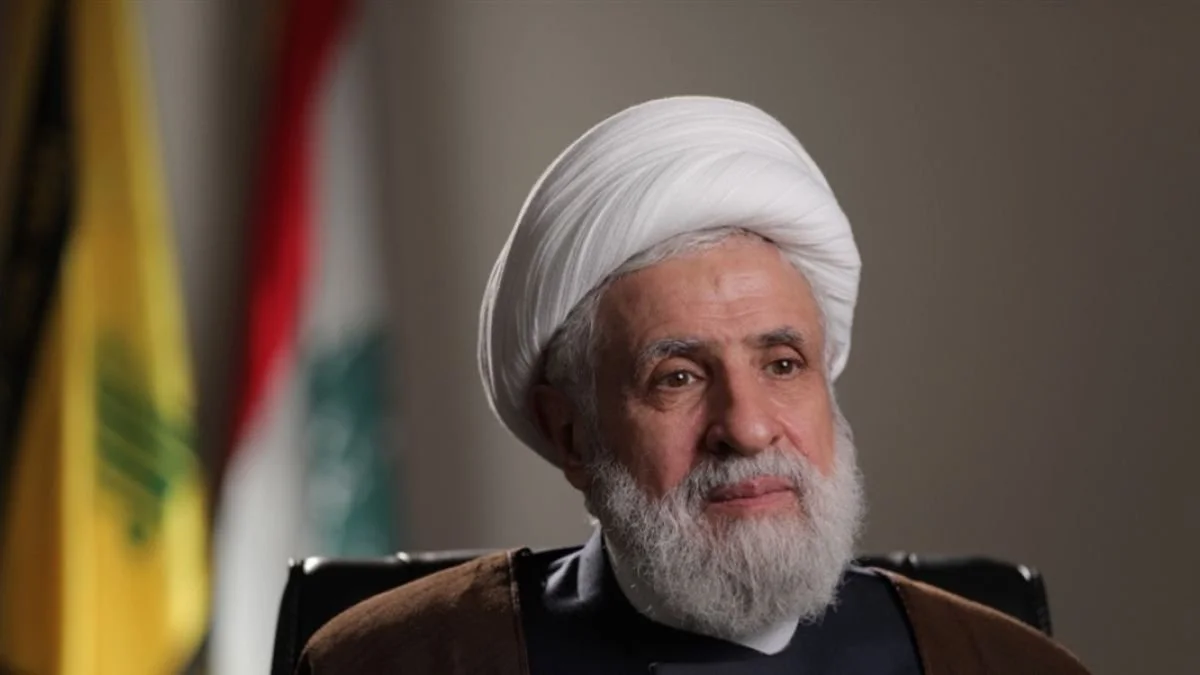Naeem Qassem: Resistance Against Israel and the Path to Elections
Executive Summary
Hezbollah’s Sheikh Naeem Qassem delivered a speech emphasizing the priorities of stopping Israeli aggression, rebuilding Lebanon, and reinforcing state institutions, while reaffirming Hezbollah’s armed resistance and commitment to upcoming municipal elections.
Analysis
In his April 28, 2025 speech, Sheikh Naeem Qassem outlined Hezbollah’s strategic priorities against the backdrop of ongoing Israeli violations and heightened political tension in Lebanon. He accused Israel of repeatedly breaching the November 2024 ceasefire agreement and criticized the United States for enabling these violations, calling on the Lebanese government to exert greater diplomatic pressure. Qassem reinforced that Hezbollah has fully complied with the ceasefire but warned that resistance forces would not disarm under external or internal pressure. He dismissed calls for concessions as naïve and dangerous, emphasizing that Israel’s objective remains the subjugation of Lebanon.
The speech came amid reports that the Lebanese Army has launched raids against Hezbollah sites, suggesting a shifting internal security dynamic. President Joseph Aoun’s plan to disarm Hezbollah through dialogue, and broader state moves to consolidate military power, pose new challenges to Hezbollah’s dominance. Yet Qassem made clear that any attempt to “reach for the weapons of resistance” would be met with force.
At the same time, Qassem pivoted to municipal elections, framing participation as a duty of service rather than a political maneuver. He stressed the need for unity, civic engagement, and coalition-building, particularly with Amal, while rejecting competition that could fracture Hezbollah’s support base. His dual emphasis on military resistance and civic responsibility reflects Hezbollah’s strategy to maintain both grassroots legitimacy and military deterrence at a time when external and internal threats are intensifying.
Wargame analysis from U.S. think tanks also suggests Iran is deprioritizing Hezbollah in favor of domestic stabilization, potentially weakening Hezbollah’s long-term support. As economic pressure mounts and regional alliances shift, Hezbollah’s ability to balance armed resistance with political participation will define its survival strategy over the coming year.


